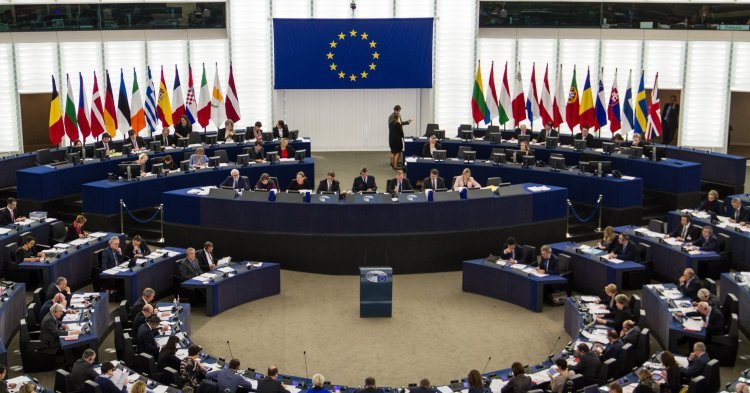To achieve this, momentum is gathering for a new round of reforms in the EU with the hope of increasing transparency, gaining working efficiency, and delivering more and better to the citizens. In November, France and Germany presented a common plan for a “Conference on the Future of Europe”, which during the next two years would discuss (with citizen guidance and consultation) both constitutional and institutional affairs (like revisions to the European electoral system) as well as policy and strategy elements (such as Europe’s role in the world and fighting climate change). The idea of the Conference has already been taken up by the European Commission, and preparations for its start of Europe Day 2020 (9th of May) are beginning.
But what can we, as federalists, expect from this conference, and how should we approach it? To be clear, we should not expect a federal Europe to come out of this: no European country is ready for such a seismic shift, specially in a context of citizen distrust towards “the establishment” and of reawakening of nationalism once more. European Treaty reforms coming out of the Conference should not be expected to be deep, either, as major changes are always a deeply contentious issue which requires consensus (which is hard to build with national-populist governments in Hungary and Poland and the possibility of one in Italy).
Even if we should taper our expectations, that does not mean we should not take the Conference as a great chance to promote and defend our ideas and try to place Euro-federalism in the center of public debate. We should simply be ready to compromise and push for other, achievable goals: have high- reaching ideals, but accept a good deal when you have it in front of you.
For example, there seems to be clear pressure from MEPs (and citizens, as well) to reform the election system for Commission President, widely considered to be opaque, and with a band-aid (the Spitzenkandidat system) which utterly failed to live up to its promise during the 2019 elections. Replacing the current chaotic and convoluted system with one where the European Parliament (EP) is the sole elector of the Commission President would not only greatly improve the transparency and accountability of the process, but also allow for a real European electoral campaign to be run, and would be a great first step towards a true federal parliamentary model at the European level.
Similarly, giving the right to initiate legislation to the European Parliament is an achievable goal which is crucial for a fully-realized parliamentary democracy, and which should be enshrined in the Treaties (instead of depending on the EP awkwardly wrestling the power from the hands of the Commission in a political deal). Transnational lists, long supported by Emmanuel Macron and many others, would also help put together a true European political and electoral scene (instead of the current arrangement of European elections being fought on national issues).
Another necessary reform for improving and streamlining the EU’s functioning is the gradual adoption by the European Council of Qualified Majority Voting (QMV, where the support of 55% of member States with at least 65% of the population is needed to pass the vote) over the currently dominant unanimity system (where all members have to agree). The requirement for unanimity is the key reason behind the weakness of the EU’s common foreign policy, which could otherwise be very successful, as exemplified by the achievement of the Iran Deal and the success of EU trade policy and diplomacy.
Macron’s proposals for a Eurozone budget and finance minister with a mandate to act to mitigate macroeconomic shocks would be pivotal in preparing the EU for the next recession and improve citizen trust in the EU, which would be seen as not only imposing austerity measures but also as helping boost the national economies and speed the recovery through this budget.
All these ideas and policies (and many others to be discussed during the Conference) would be welcome steps forward in the European Project, and (while still remaining an imperfect system) would make the EU more democratic, transparent and effective in dealing with both internal and external problems. And while all of them might not be achievable at once (particularly the QMV reform and the Eurozone budget), there is potential to transform the way the EU works, and most importantly, improve its service to the European citizens.
Momentum for EU reforms seems to be mounting, with the EP choosing prominent MEP and Eurofederalist Guy Verhofstadt as Chair of the Conference, and with [the Commission just proposing new rules for EU enlargement>https://www.politico.eu/article/brussels-tries-to-give-eu-european-union-enlargement-a-french-accent-north-macedonia-albania-emmanuel-macron-angela-merkel/] which address many of France’s issues with the current procedure, and which should hopefully lead to the start of accession negotiations with Albania and Macedonia. In this situation, the Conference on the Future of Europe is shaping up to be an important opportunity to put our ideas at the forefront of the debate, shape the discussion, and achieve reforms for the betterment of the EU and our fellow-citizens.


Follow the comments: |
|
